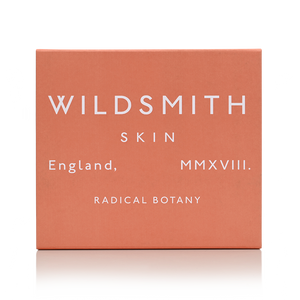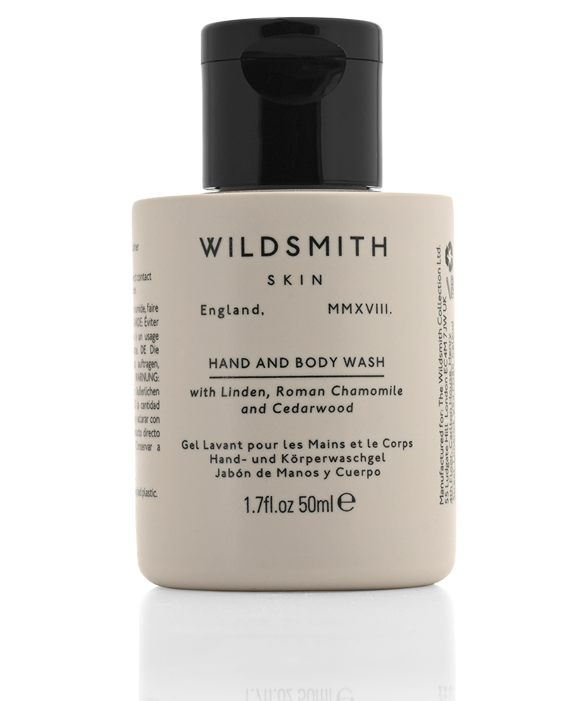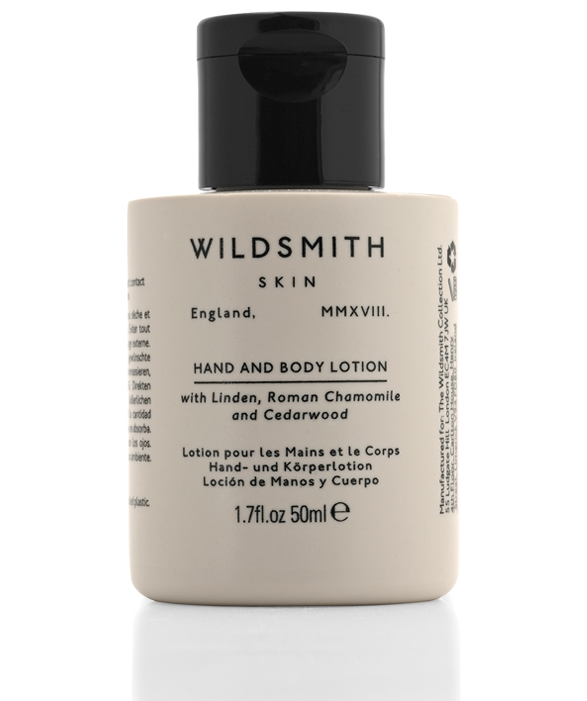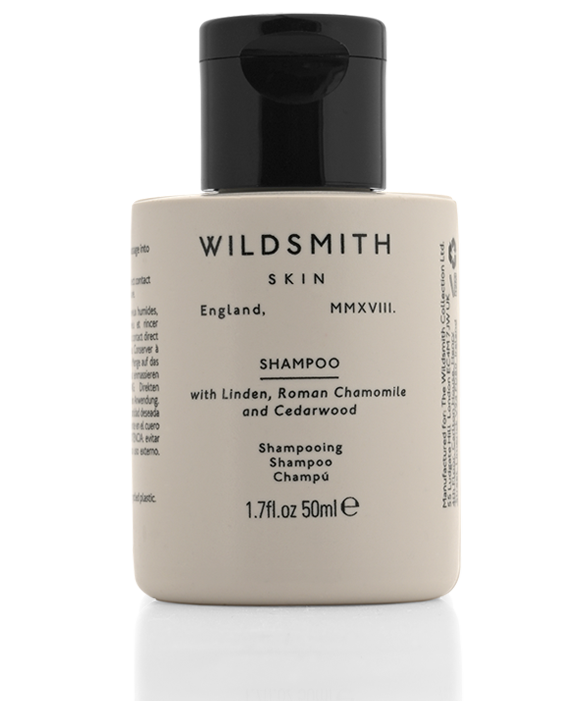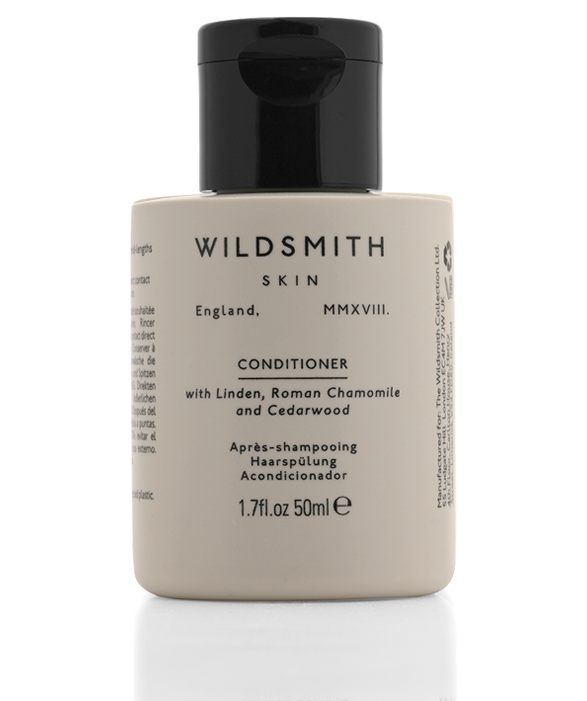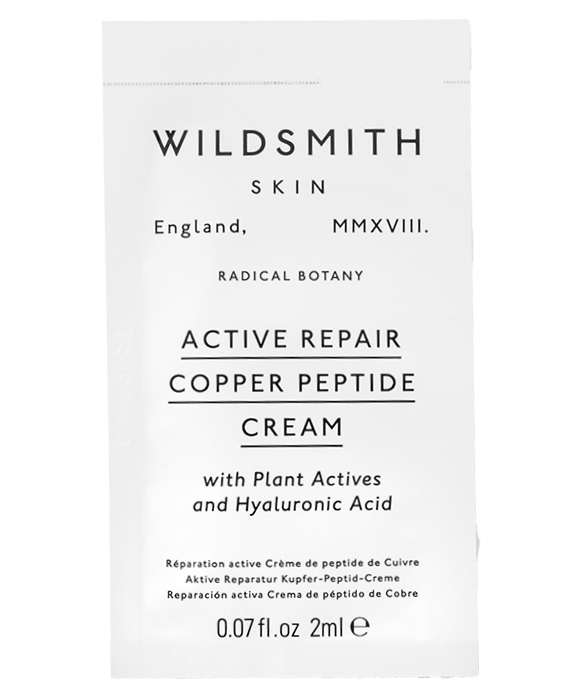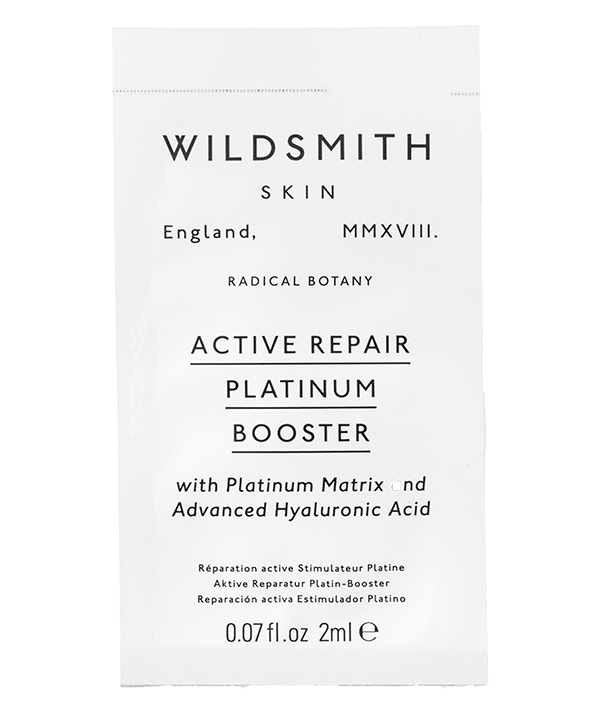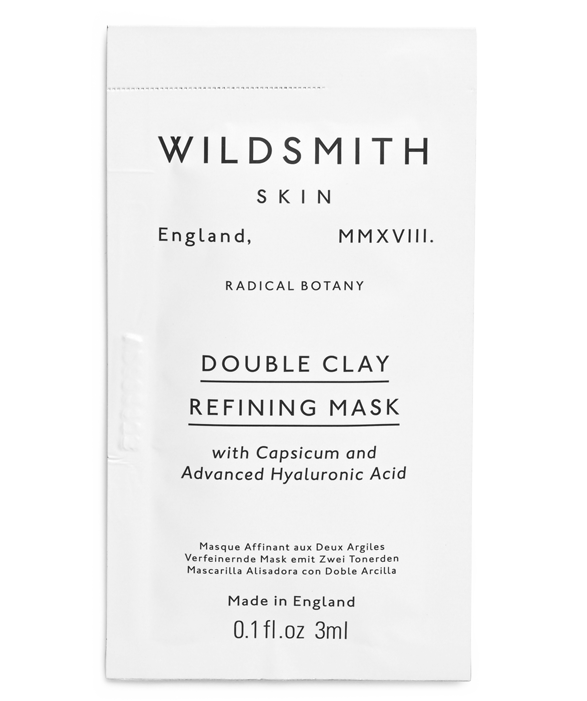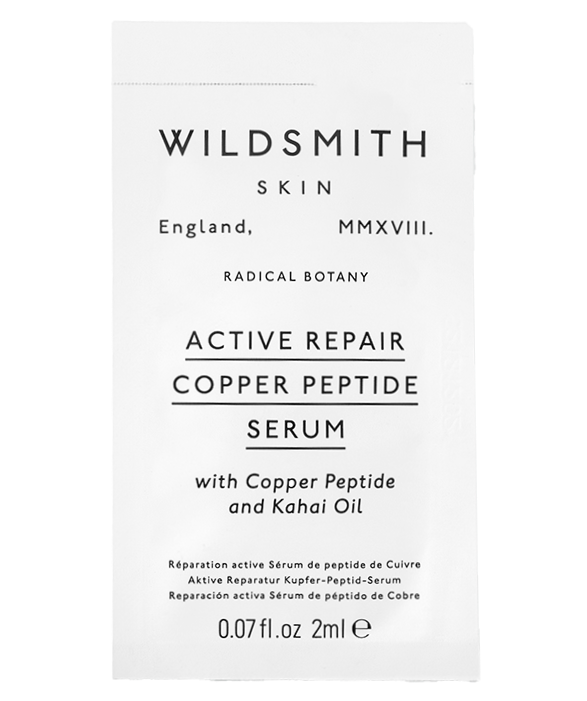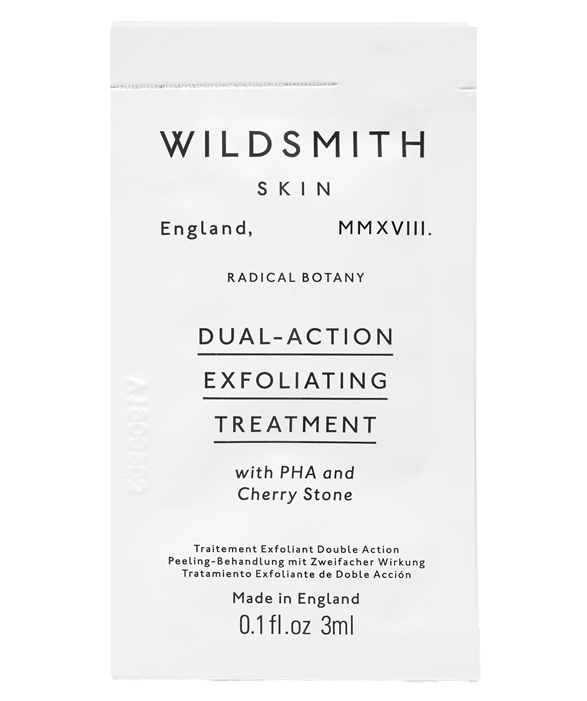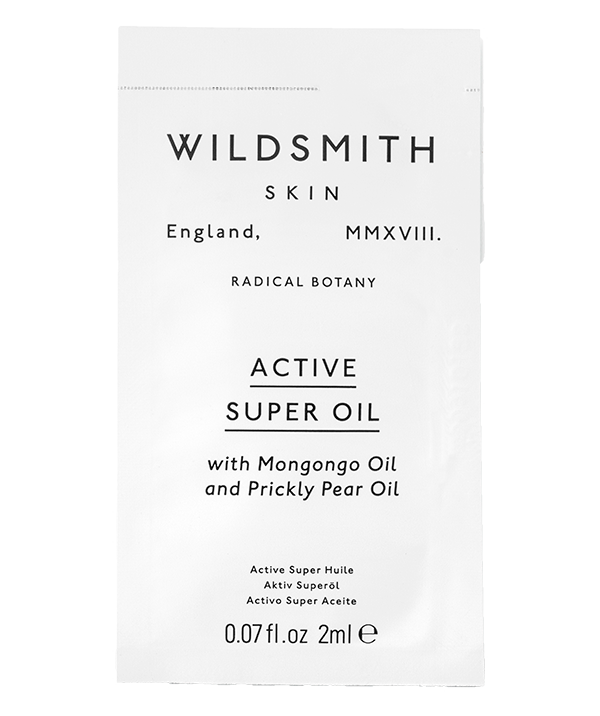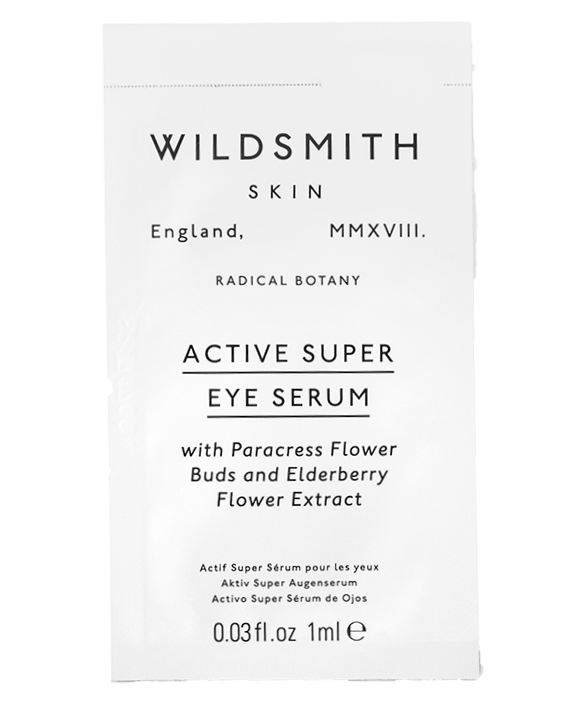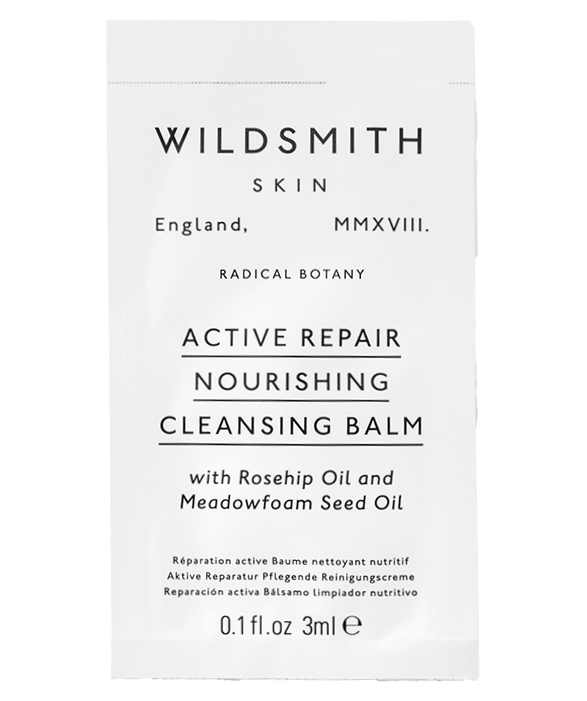As a passionate animal rights advocate – who enjoyed eating the occasional roast chicken and fish dish – Kate Morris was conflicted. Would three weeks of solid veganism be enough to break the carnivorous habits of a lifetime?
I’ve dabbled with vegetarianism since I was a teenager. There have been periods, for example during my first pregnancy, when I couldn’t get enough of steak, but in recent years I have settled with the rather weak flexitarian option, occasionally eating fish and chicken. Like an erstwhile lover who won’t commit, I am a flake.
When I decided to trial a vegan diet, I was already conscious of the horrific conditions that animals live in on factory and dairy farms. I don’t drink cow’s milk because I find the dairy industry extremely sad, but I was still eating cheese. Cows are bred to produce up to ten times more milk than they would naturally produce to feed a calf, so their udders are distended and extremely painful. Their babies are taken away at birth and the males either slaughtered or confined in crates and sold for veal meat. Don’t get me started on foie gras or battery-farmed chickens or mass pig farming.
According to The Vegan Society, “Veganism is a way of living that seeks to exclude, as far as is possible and practicable, all forms of exploitation of and cruelty to animals for food, clothing or any other purpose.”
I was a mass of contradictions: I wanted to stand up for animals, but was still guzzling animal products. I knew that chickens were the most abused animals on earth, but I continued to eat them, telling myself that “organic” was OK. I really wanted to discover how hard it would be to convert to veganism, but at the same time dreaded the restrictive diet. I admired vegans but thought them a little crazy and slightly annoying. Vegan food rules include not eating honey which seemed militant to the point of madness.

Since reading up on veganism for my trial, I have discovered that just as cow’s milk is meant for calves, honey is meant for bees and is their winter food store. The bees work hard throughout spring and summer to gather nectar from flowers before regurgitating it, cooling it (by fanning it with their wings) and storing it as honey within the hive.
Being a vegan is also kinder to the planet and is the single biggest way we can reduce our environmental impact, according to Oxford University researchers. Eating a plant-based diet can cut our greenhouse gas emissions, reduce pollution and water usage, prevent deforestation and save wild animals from extinction.
I had every reason to be evangelical about my new way of life, but my first vegan day was a disaster: I accidentally poured dairy milk in my tea and drank it, even though I had oat milk in the fridge. I was in a hurry and bought pasta that contained egg, and a vegetable lasagne that contained cream and egg. Forward planning was needed. Day two was better. I bought a delicious vegan pizza for lunch with replacement cheese, and in the evening made myself edamame noodle stir fry with tofu and vegetables. No one wanted to share my dinner, and my husband was disgruntled about my new life and hated the way we were all eating different food.

Since embracing veganism, Kate has become well acquainted with her local farmers’ market
I made oven-roasted aubergine, chickpeas and tomatoes for dinner one night, and a risotto with no cheese – which was not very satisfying – on another. On day three I went back to the edamame noodles and felt a bit disheartened. On day four I found some “burger replacements” which tasted of rubber and were truly disgusting.
The challenge was as hard as I’d contemplated, but luckily I had signed up to the website Veganuary (yes, it exists even outside January), which alerted me to the film, What The Health, about the horror of factory farming, the corruption within the dairy and beef industry, and how animal products are appalling for our health. This reinvigorated me and spurred me on. I ate a lot of rye toast and avocado, and snacked on oatcakes and Hellmann’s Vegan Mayonnaise. It was reassuring and inspiring to find two vegan magazines at my hairdressers, and I flicked through photographing recipes.

Avocado on rye: a vegan diet staple
The vegan journey became easier as I got used to the rhythm; it even felt challenging in a good way. I love eggs, but at the heart of my journey into veganism, I found the idea of eating eggs that are meant to grow into chicks revolting. I was truly touched on my birthday when my son gave me vegan supplements as one of my presents and my husband organised a chocolate vegan birthday cake. It was sticky and sweet and not a bad alternative.
I am entering week three of my vegan experiment and my hips and knees are no longing aching as they have been for the last year. This could be a weird coincidence, but it is too good a result to risk going back to dairy and Sunday chicken lunches. So although I won’t be strictly vegan going forward (I am going to find it extremely hard to cut fish out altogether), I have decided that the dairy-free, meat-free diet is better for me, the planet and animals. This feels like a win-win situation and one I will embrace. Whether I will be able to resist a Christmas turkey come December though remains to be seen…
What’s it like being a full-time vegan?
Poppy Amberg, a vegan for over six years, explains why she’s happy to have made the commitment
The explosion of veganism in terms of both awareness and widespread adoption is almost unparalleled in terms of recent lifestyle/diet trends, and yet, “Shall I, shan’t I?” reservations remain all too common. Even in the face of now overwhelming evidence supporting the health and environmental benefits of a vegan diet, there remains anxiety and much speculation about whether it is a genuinely nutritionally balanced way of eating, and as a lifestyle choice, it can still come across as being a little “extreme” or restrictive. I decided to give up animal products over six years ago and have never looked back. Here’s why I think it’s worth doing:
It’s easier than ever before
In the UK, according to the go-to vegan information source, Plant Based News, there are currently 700,000 people in Britain living off a completely plant-based diet. That number is forecast to increase to 2.9 million by 2020. And worldwide? The Vegan Society states that “Australia was the most popular country for veganism in 2018… followed by the UK and New Zealand.” The incredibly fast global rise in veganism has resulted in the world of food retail responding appropriately. There are currently 167 million Google results for those searching for a “quick vegan lunch”. In other words, what used to be a niche, little-known and little-understood diet and lifestyle choice, is now commonplace in even the most far-flung corners of the UK and beyond.

Your cravings can be managed, climate change can’t
Cravings for meat, fish, cheese and eggs are a given for those of us brought up on a classic, British diet. However, considering animal agriculture produces more greenhouse gas emissions than all the world’s transportation systems combined (according to Peta), meaty traditions seem rather redundant, don’t you think? So, in terms of those potential cravings, there are now delicious, plant-based substitutes for pretty much any non-vegan food you can think of. Literally anything. Whether that be Violife parmesan-style, dairy-free cheese (my personal favourite) or The Tofoo Co’s smoked tofu found in most supermarkets – the list is endless. I also highly recommend using the IOS App Happy Cow – you provide your location and the app recommends a wide selection of vegan and/or vegetarian restaurants in your area. And if you need any more persuasion, remind yourself about the quality of life endured by an animal bred simply to be killed. Frankly, the ugly truth of the meat industry is enough to crush any kind of craving, or at least it was for me. I recommend watching the film Earthlings for anyone searching for the true horror of what animals endure physically and emotionally in the current food-production process.
Don’t listen to the scaremongers, a vegan diet gives you all the nutrients you need and more
When it comes to being physically healthy on a vegan diet, getting enough protein is the absolute least of your worries. It can be found in most plant-based foods and is easily acquired. And in terms of key vitamins that you might currently be consuming via meat and dairy, etc – for example, B12 (vital to the metabolism of every cell in your body) – cereals and plant-based milks fortified with these nutrients are widely available. However, using well-chosen supplements – both while transitioning and beyond – is recommended and shouldn’t be seen as some sort of cheat. For absolute reassurance, take The Vegan Society’s Veg1 supplement which is only £13 for a six-month supply. I also highly recommend investing in its nutrition chart, a charmingly hand-drawn poster that very simply demystifies the multitude of symbols and sometimes confusing language associated with the requirements of a properly balanced diet. When plant-based nutrition is handled correctly, the results are life-changing. On a personal level, my hair grows twice as fast as it did pre-plant-based eating and my general health appears to be dramatically better. And it’s not just me – there is a formidable amount of fact-based research to suggest that adopting a vegan diet can seriously reduce your risk of cancer and other chronic diseases (see examples like The Physicians Committee and Viva Health for further evidence).

Think less about what other people feel about your decision and more about how your body feel
One of the most important things I’ve learned while being vegan is just how much people love to give unsolicited advice, especially when it comes to your body and lifestyle choices. The stigma surrounding the word vegan is insurmountable and the pressure that comes with that can be utterly daunting. I urge you to hear not the judgements of others wherever they might arise, but to listen intently to how your body feels during any dietary change. This enlightening lifestyle is one that forces you to be in touch with your body in every way – listen to what it tells you and act accordingly.
Take the time to do research – being properly informed really pays off
Whatever your choices end up being, I guarantee you’ll be fascinated by what you discover; in a post-Extinction Rebellion UK, this knowledge is more vital than ever. Learn as much as possible about general nutrition, and your gut in particular, on a plant-based diet. Learn about the ethics behind animal agriculture. Explore the sentience, intelligence and sensitivity of animals. Better understand the devastating environmental effects of every stage of the animal production line, whether that be the carbon dioxide emissions as a result of the industry, mass global deforestation, pollution or drought. The list goes on. Good learning resources include:
Films: Cowspiracy, Earthlings, What The Health, Forks Over Knives
Books: The Simple Case For Going Vegan (essay) by Magnus Vinding, Proteinaholic by Garth Davis, M.D, The China Study by T. Colin Campbell, PhD and Thomas M. Campbell, MD, Whole by T. Colin Campbell, PhD, Animal Liberation by Peter Singer
Websites: Peta, The Vegan Society, Forks Over Knives, Vegan.com
